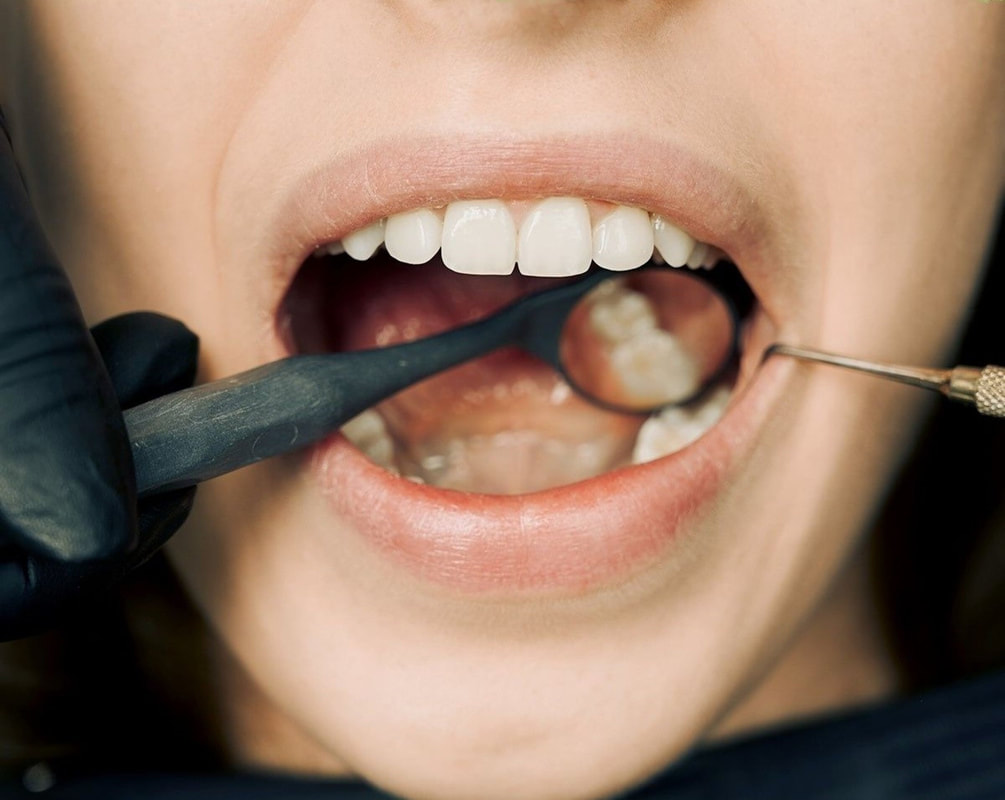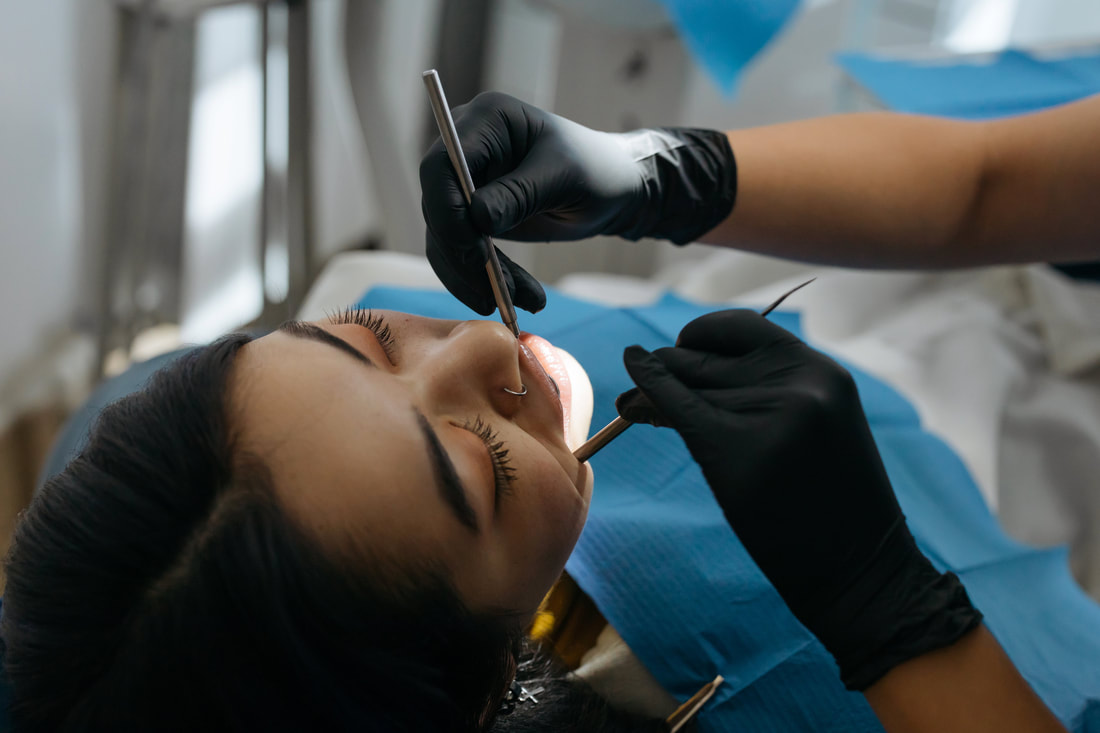Crowns can effectively restore the shape, structure, and appearance of a damaged or weak tooth. Because a porcelain crown matches the tooth color, it makes an aesthetically pleasing choice for a front tooth. Additionally, porcelain is resistant to temperature changes, which means patients are less likely to experience sensitivity to heat or cold.
Another option for patients is a porcelain-fused-to-metal (PFM) crown, which places a porcelain exterior over a durable metal interior. This option combines the strength of metal with the aesthetic appeal of porcelain.
Finally, all-metal crowns work well for molars farther back in the mouth, where appearance is less of a concern. They can also withstand heavy chewing.









 RSS Feed
RSS Feed
